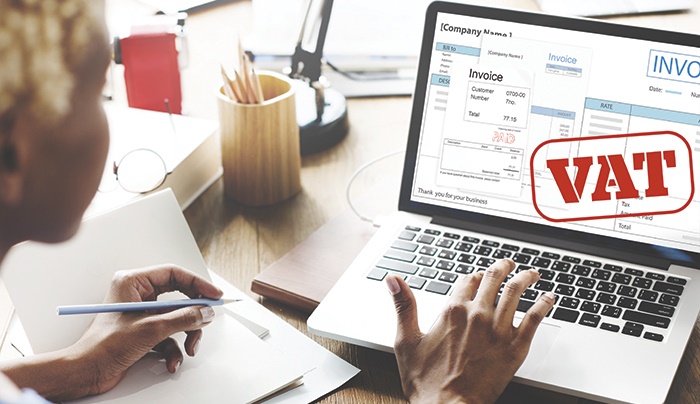

Muscat: Companies in Oman need to have a certificate of registration from the Tax Authority before charging customers value added tax (VAT) for goods and services.
According to an official at the organisation, those who do add the five per cent VAT charge to customers without this certificate are subject to penalties under the law.
“This includes all commercial enterprises, including SMEs, that offer goods or services subject to VAT,” he said.
“If owners of establishments that are not registered with the authority do buy goods from suppliers who have imposed VAT on them, they must keep all of the invoices of goods received, inclusive of VAT prices.
“The business must then register with the Tax Authority to obtain a certificate of registration, and commit to submitting tax declarations on time,” added the official.
VAT in Oman came into effect on April 16, 2021. It is calculated at the rate of five percent of goods and services purchased by customers, who need to pay the tax.
Under rules established by the government, the first round for companies to register for VAT took place between February 1 and March 15, 2021.
Although this period has now passed, companies that did not register themselves during this window must do so during the second, which runs from April 1 to May 31, 2021.
Companies can only charge VAT to customers after the effective date of registration listed on their certificates, even if they have applied to register at an earlier date.
They can also claim VAT refunds for taxes paid to their suppliers by submitting all of the related documents to the Tax Authority, to help calculate the amounts previously paid to those who have provided them taxable goods and services.
Companies whose taxable goods and services are valued at more than OMR38,500 per annum have to register on www.taxoman.gov.om. They need to login, and then follow the required procedures online, after which the VAT certificate can be printed.
Those that are not listed on the commercial register, however, must first download the Excel file from the website, and then email it to [email protected], along with the necessary documents. If approved, the Tax Authority will issue the registration certificate.
The official added that e-commerce companies that have taxable goods and services valued above OMR38,500 also have to register, while those valued at between OMR38,500 and OMR19,250 can register if they choose to.
“All individuals and legal persons subject to VAT are requested to register for it, to avoid administrative penalties related to tax law,” he said, going on to explain how the authority verified if companies had acquired registration certificates.
“There are two methods to do this: the certificate must be kept visible in a prominent place on the premises of the company, so that consumers are sure of the registration before they pay VAT.
“If the certificate is not present at the company location, or is not placed in a prominent area, the customer is not required to pay VAT, and in doing so, exposes the company to legal liability for violating the law,” he added.
“A second method to verify registration is to look at the tax identification numbers present on invoices submitted by merchants and/or service providers. These numbers can be entered in our online portal to verify their authenticities.
Some 10,000 firms have so far registered with the Tax Authority, as of 19 April, and people are welcome to send their queries regarding VAT to [email protected], or via the agency’s website. They can also call +968 2474 6996.
value added tax in the Sultanate of Oman is governed by Royal Decree No. 121/2020, which came into effect six months after it was published in the country’s Official Gazette.
There are more than 160 countries around the world that apply value added tax to customers.